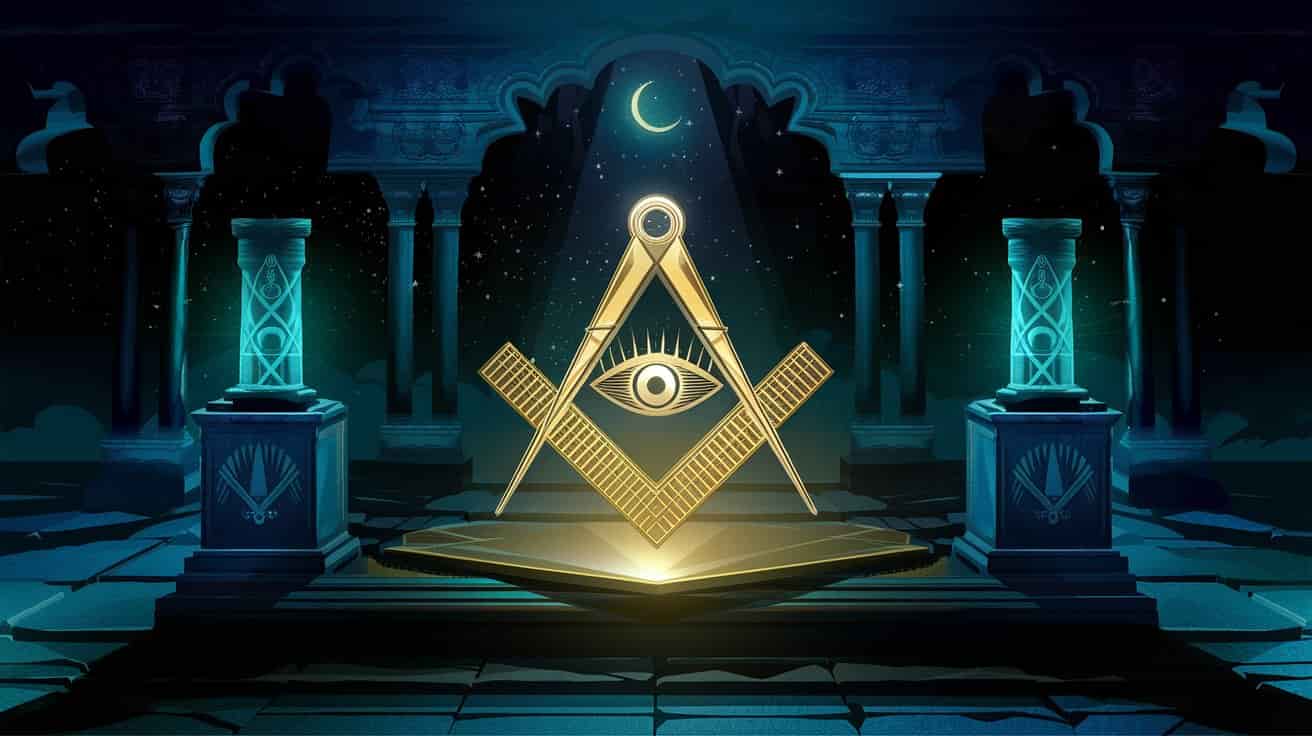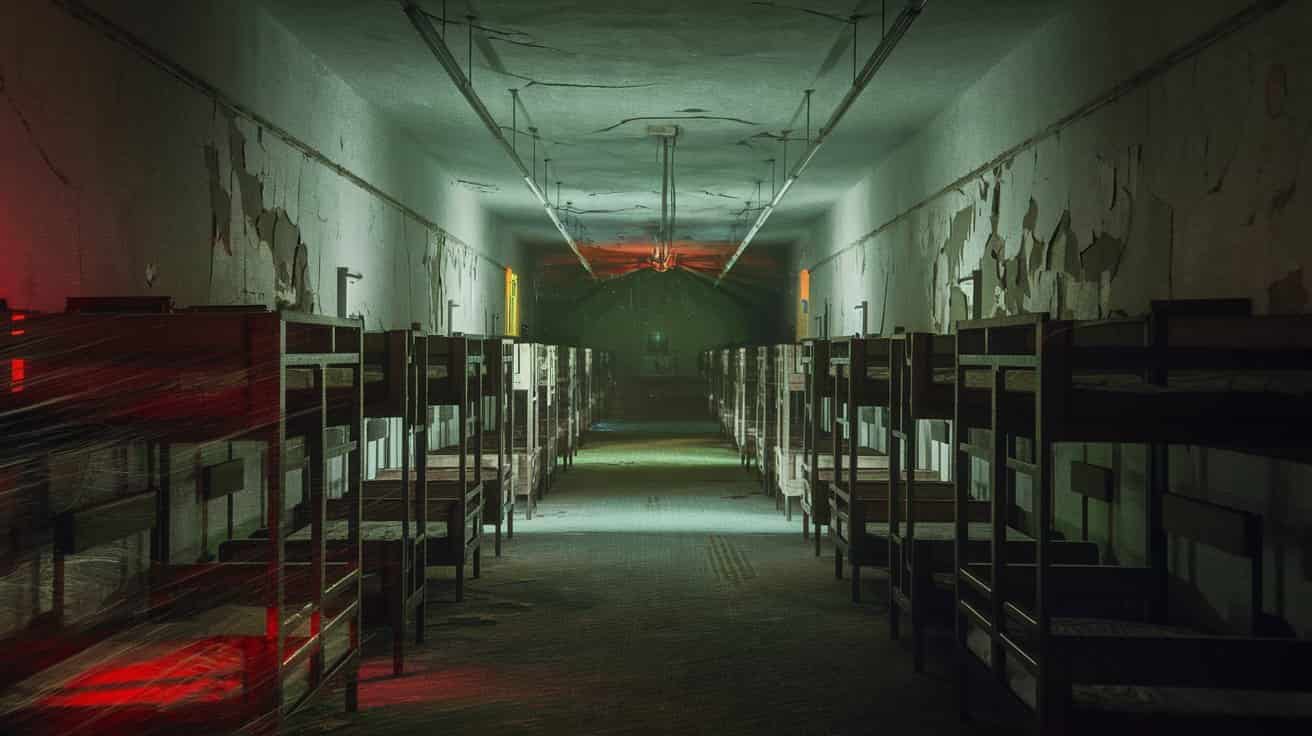Historical Witch Trials: The Marks of a Dark Era
Witch trials in history symbolize a dark period in Europe and America, starting from the Middle Ages, where fear and ignorance merged. During this time, thousands of people, particularly women, were tried and often severely punished on charges related to witchcraft. These trials became a reflection of social paranoia, religious fanaticism, and political power struggles.
The Origins and Spread of Witch Hunts
The origins of these trials trace back to the 15th century when the Church began to take a harsher stance against alleged witchcraft. At that time, involvement in such practices was considered a collaboration with the devil, one of the gravest sins and crimes. In 1487, Malleus Maleficarum (The Hammer of Witches), written by Heinrich Kramer, became one of the fundamental texts for these hunts and subsequent legal proceedings. This book provided detailed guidelines on how to identify and punish those accused of engaging in these practices.
Famous Trials in Europe
Such trials quickly spread across Europe. One of the most famous is the Salem Witch Trials of 1692 in the small town of Salem, America. In this event, accusations spiraled out of control, leading to the execution of 20 people. Other notable proceedings include the Würzburg and Bamberg Witch Hunts in Germany, where hundreds of people were found guilty, often through confessions extracted under torture, and subsequently executed.
Social and Psychological Effects
These trials instilled fear and distrust among communities. People did not hesitate to accuse neighbors, friends, and even family members of witchcraft. This led to the disintegration of social structures and a loss of trust among people. Moreover, these events were particularly notable for targeting women. Women, as marginalized groups in society, were often associated with such accusations and became the primary victims.
The End of Witch Hunts and Their Historical Legacy
By the 18th century, the Enlightenment led to a decline in such trials. The spread of scientific thought and the development of legal systems played a role in ending these hunts. However, this dark period left deep marks in history. These trials serve as an important lesson, demonstrating the tragic consequences of social paranoia and flaws in justice systems.
Witch trials are remembered as a dark chapter in human history. This period reveals how societies tried to cope with fear and ignorance and the tragic outcomes of these efforts. Today, remembering this era and learning from the mistakes of the past is crucial for raising awareness about social justice and human rights.



Post Comment